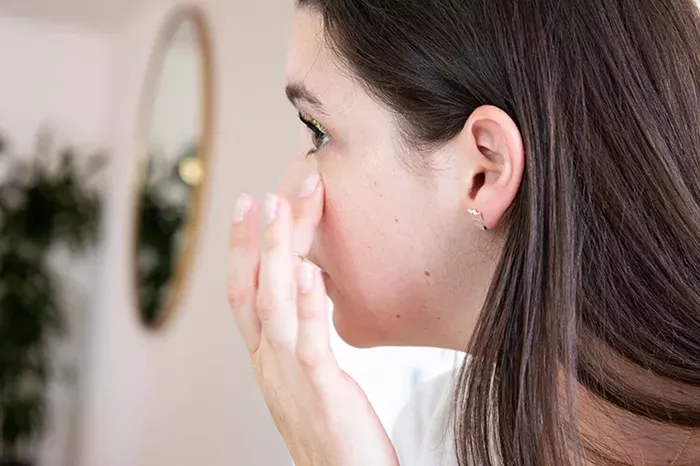As the seasons shift, many individuals may notice changes in their skin care routines. Physicians have reported that conditions like eczema and psoriasis tend to flare up during this time of year.
With colder, shorter days ahead, exposure to sunlight and ultraviolet (UV) light decreases significantly. Dr. Robert Walters, a dermatologist, emphasizes that this seasonal transition has broader implications. “There are basically three main changes in the weather: decreased ultraviolet light, decreased humidity, and colder air, all of which contribute to skin changes,” Walters explained. “These factors can exacerbate various inflammatory conditions.”
Common complaints during the winter include chapped lips and dry skin. Walters notes a specific issue known as “winter itch,” a type of eczema triggered by harsh winter conditions. He also pointed out that UV light exposure plays a role in suppressing certain inflammatory diseases.
Additionally, winter clothing presents its own challenges for skin health. “Harsh fabrics can be tough on the skin,” Walters remarked. As temperatures drop, people tend to bundle up in thicker garments, often made from materials like wool, which can further irritate sensitive skin.
To combat the effects of cold, dry winter air, physicians recommend using a humidifier in living spaces to maintain moisture levels.
Related topic:
How Does A Dentofacial Lift Enhance Face Shape?
Do You Peel After Microdermabrasion?
What Age Should A Person Start A Skin Care Routine?


